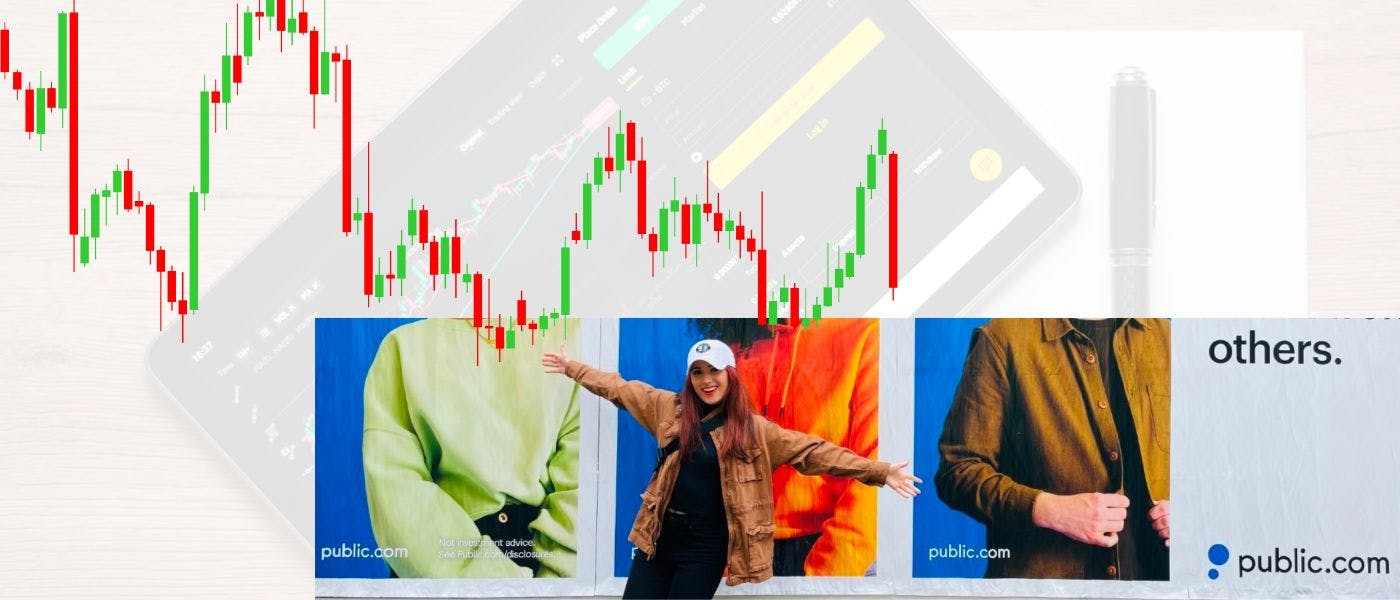188 reads
POWER LEADER: Public's Katie Perry talks rise of the retail investor evolution
by
March 20th, 2023
Audio Presented by

Partner + Head of PR @ Zen Media (recently acquired: Sevans PR) ▪️ @entrepreneur ▪️ @hackernoon ▪️ @gritdaily
Story's Credibility

About Author
Partner + Head of PR @ Zen Media (recently acquired: Sevans PR) ▪️ @entrepreneur ▪️ @hackernoon ▪️ @gritdaily
